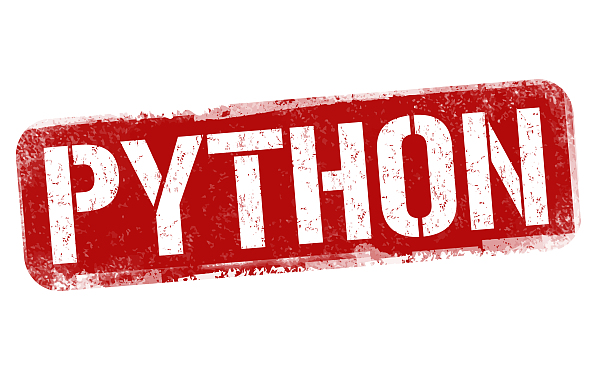I'm trying to asynchronously process multiple files, and processing each file requires some reads and writes to an SQLite database. I've been looking at some options, and I found the aiosqlite module here. However, I was reading the SQLite documentation here, and it says that it supports multi-threaded mode. In fact, the default mode is "serialized" which means it "can be safely used by multiple threads with no restriction."
I don't understand what the difference is. The aiosqlite documentation says:
aiosqlite allows interaction with SQLite databases on the main AsyncIO event loop without blocking execution of other coroutines while waiting for queries or data fetches. It does this by using a single, shared thread per connection.
I get that there is a difference between aiosqlite and the "multi-threaded" mode on sqlite because the multi-threaded mode requires only one connection per thread, whereas in aiosqlite, you can reuse this single connection across multiple threads. But isn't this the same as serialized mode where it can be "used by multiple threads with no restriction"?
Edit: My question right now is "Is my current understanding below is correct?":
- Sqlite in "serialized" mode can be used by multiple threads at one time, so this would be used if I used the
threadingmodule in python and spawned multiple threads. Here I have the options of either using a separate connection per thread or sharing the connection across multiple threads. - aiosqlite is used with asyncio. So since asyncio has multiple coroutines that share one thread, aiosqlite also works with one thread. So I create one connection that I share among all the coroutines.
- Since aiosqlite is basically a wrapper for sqlite, I can combine the functionality of 1 and 2. So I can have multiple threads where each thread has an asyncio event loop with multiple coroutines. So the basic sqlite functionality will handle the multi-threading and the aiosqlite will handle the coroutines.






 已为社区贡献126445条内容
已为社区贡献126445条内容

所有评论(0)